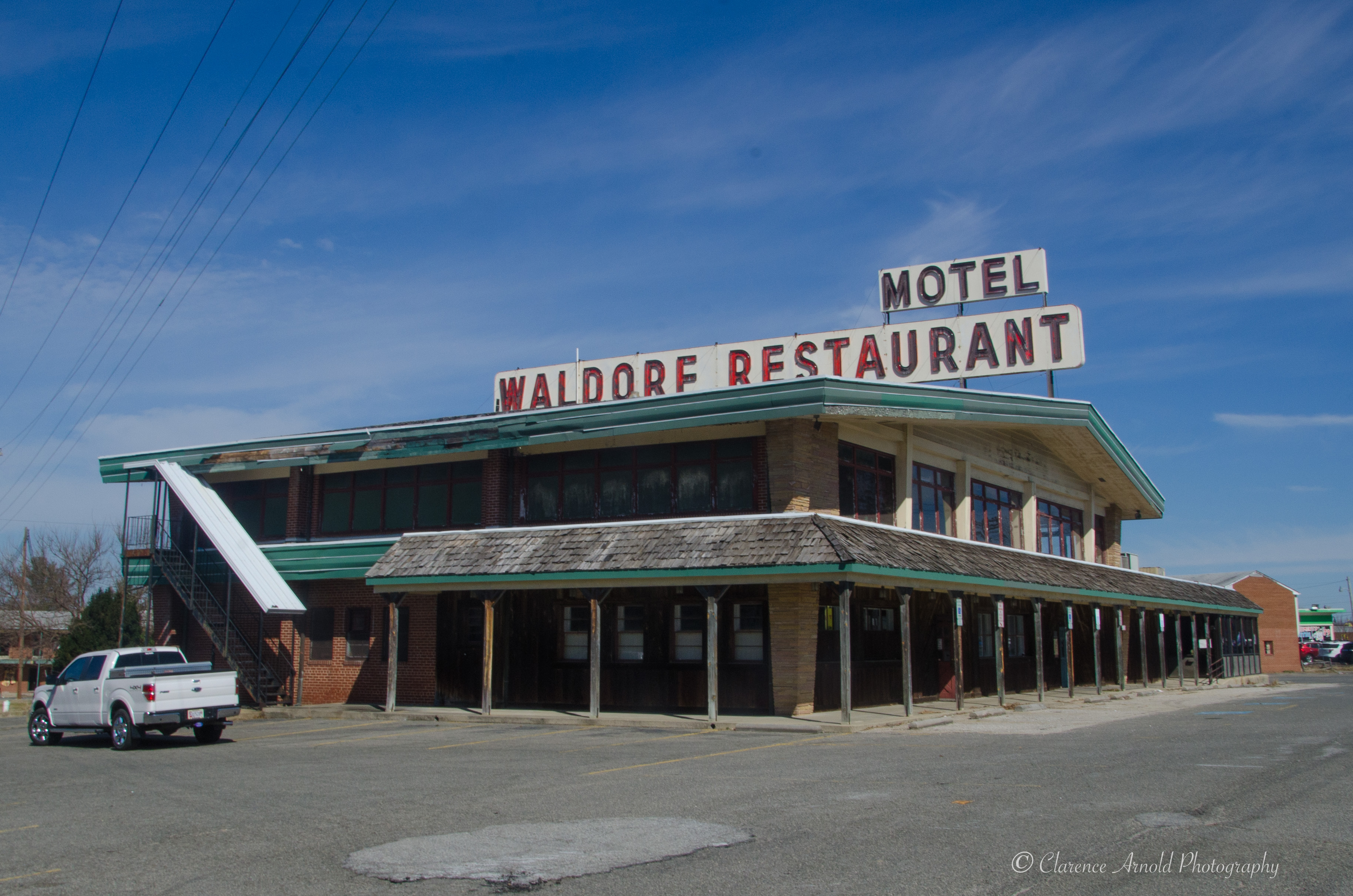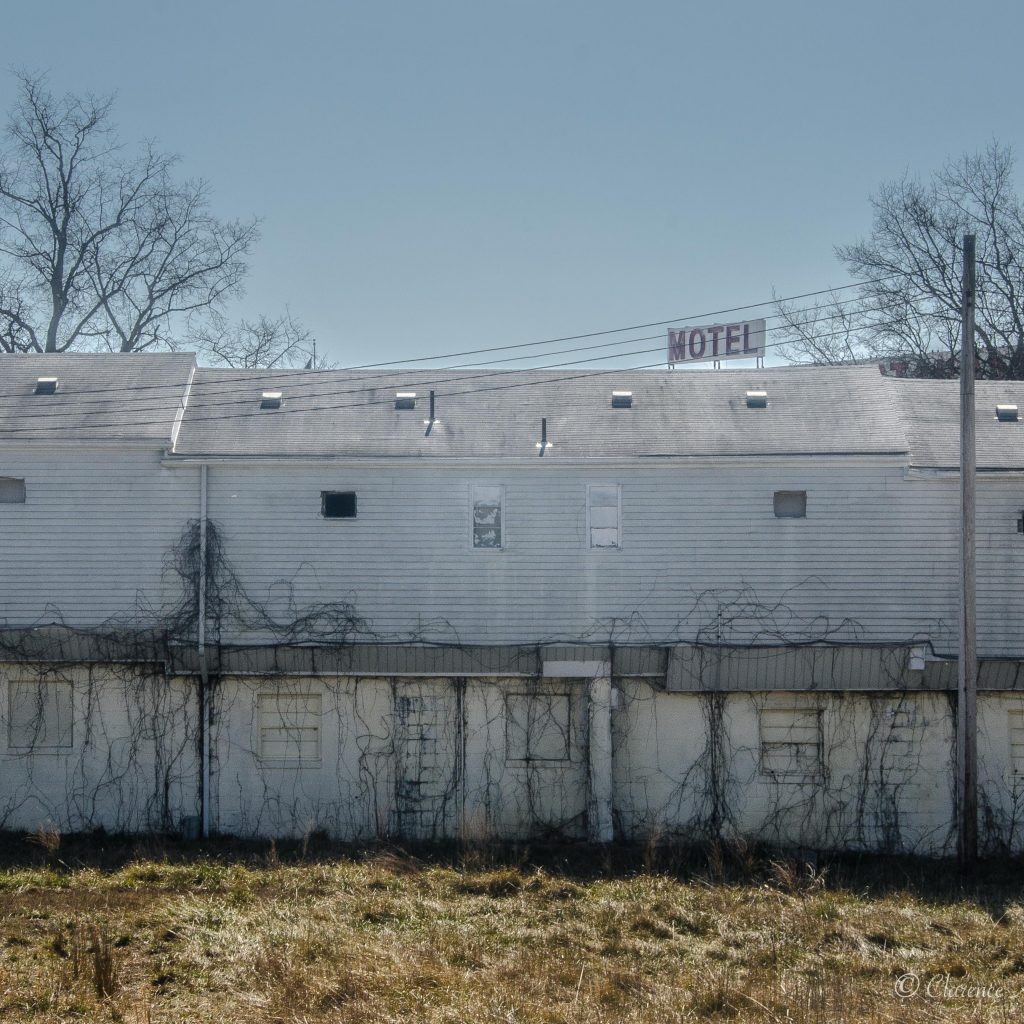Scrolling through Facebook this week, I could see many of the activities we’ve done one year ago and made me think about all that has happened in this past year. Aside from the tragic loss of life from some of the people we’ve helped, the opening of our office, or the steady increase of people we feed either through the soup kitchen, in the woods, or the backpack program, the biggest impact to me was the tearing down of the Waldorf Motel. We were reminded of how significant this dilapidated old building was when we begin receiving phone calls from individuals and families wondering what they were going to do….

Imagine, you’ve been told you have 30, 60, or 90 days to leave your home. For most with a decent job, it may be a stressful situation, but now imagine if you had that same pressure to move along with the reality that you and your family often struggle to make the weekly payments that keep from being evicted. Should you be lucky enough to get a room at one of the other hotels/motels in the area, you now have a whole new set of worries. Depending upon where you were able to move, transportation could be a problem for you to get back and forth to work. However, the biggest issue you face is having to pay for your new home. One of the benefits to those in need was the Waldorf Motel was cheap and affordable. $49 per night, with discounts for weekly rates was better than the $80 or more that people have to pay to stay in some of the other hotels. Even if a discounted rate is offered, the struggle is real for those trying to make it.

There is no quick fix to this dilemma. There are arguments to not fund building a new animal shelter and build housing for those in need. While affordable housing is one answer, for it to be effective and a model of success, the stigmas and baggage it carries must be removed in order for the community to embrace it. The reality is no one wants the troubles of low income housing in their neighborhood-myself included. However, I do believe that just as we build gated communities, senior communities, and developments governed by homeowner associations that have high expectations for those living there, we can apply those same principles, policies, and governance to those living in affordable housing to make them an integral and valued part of the community.